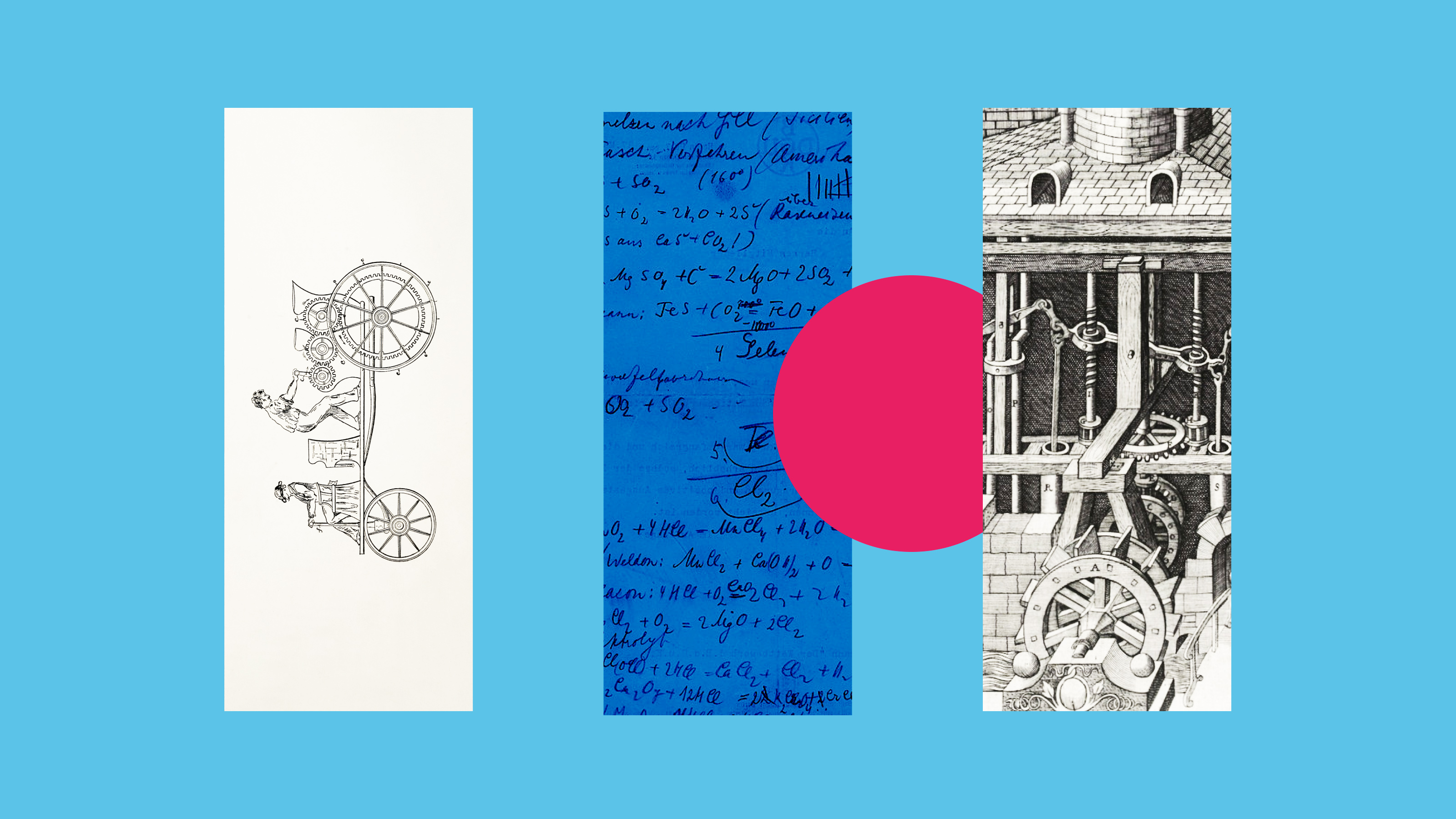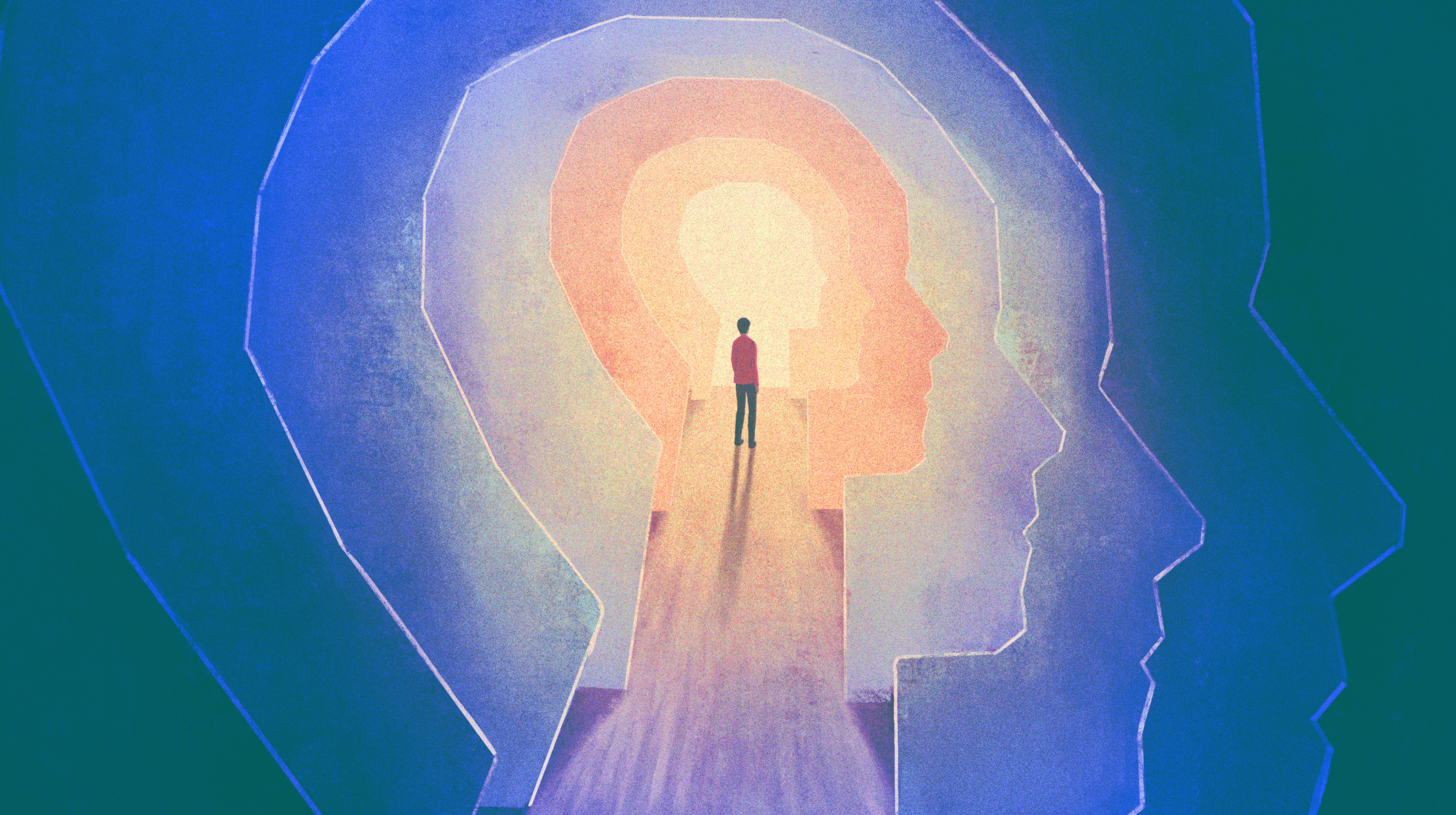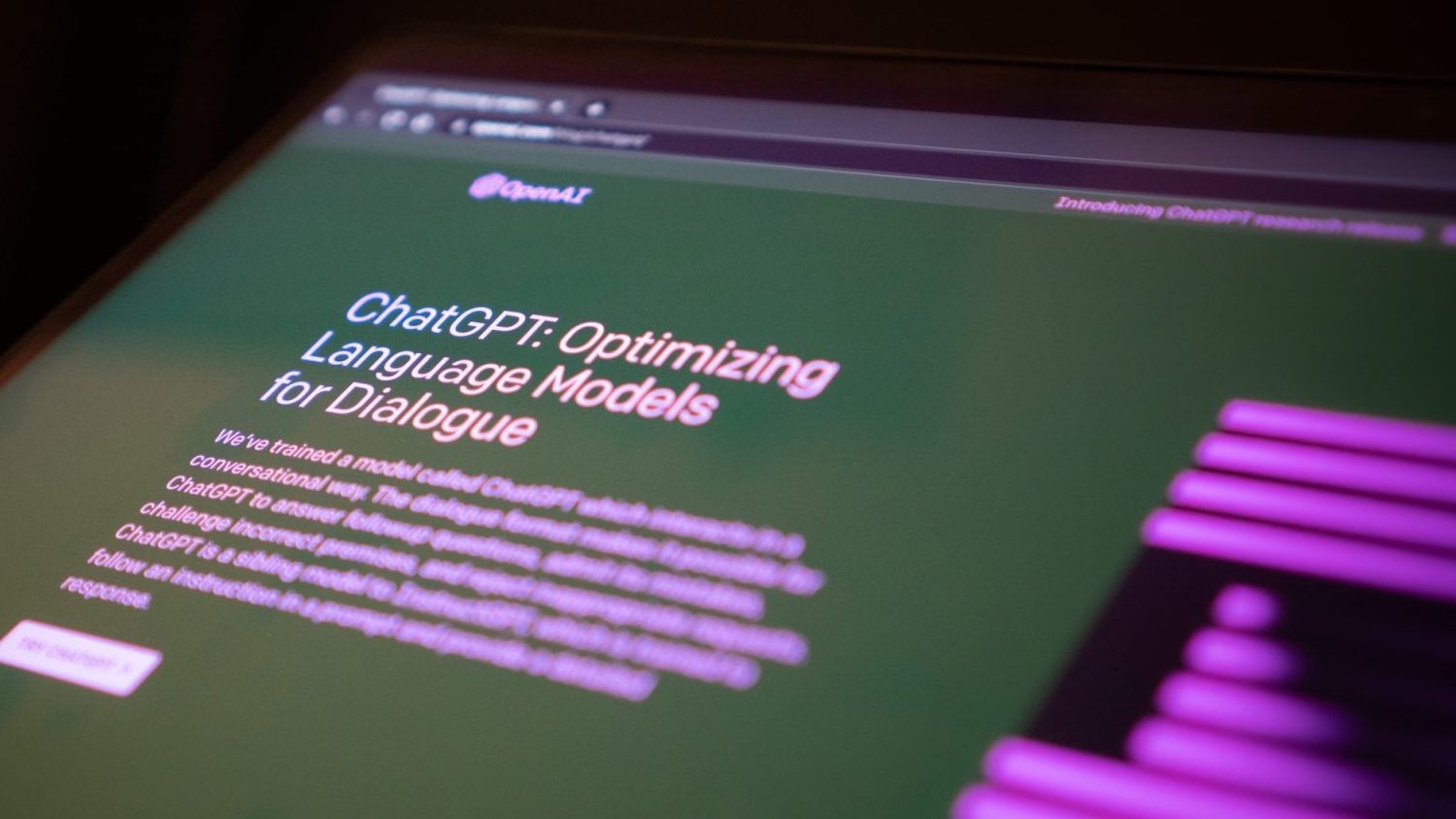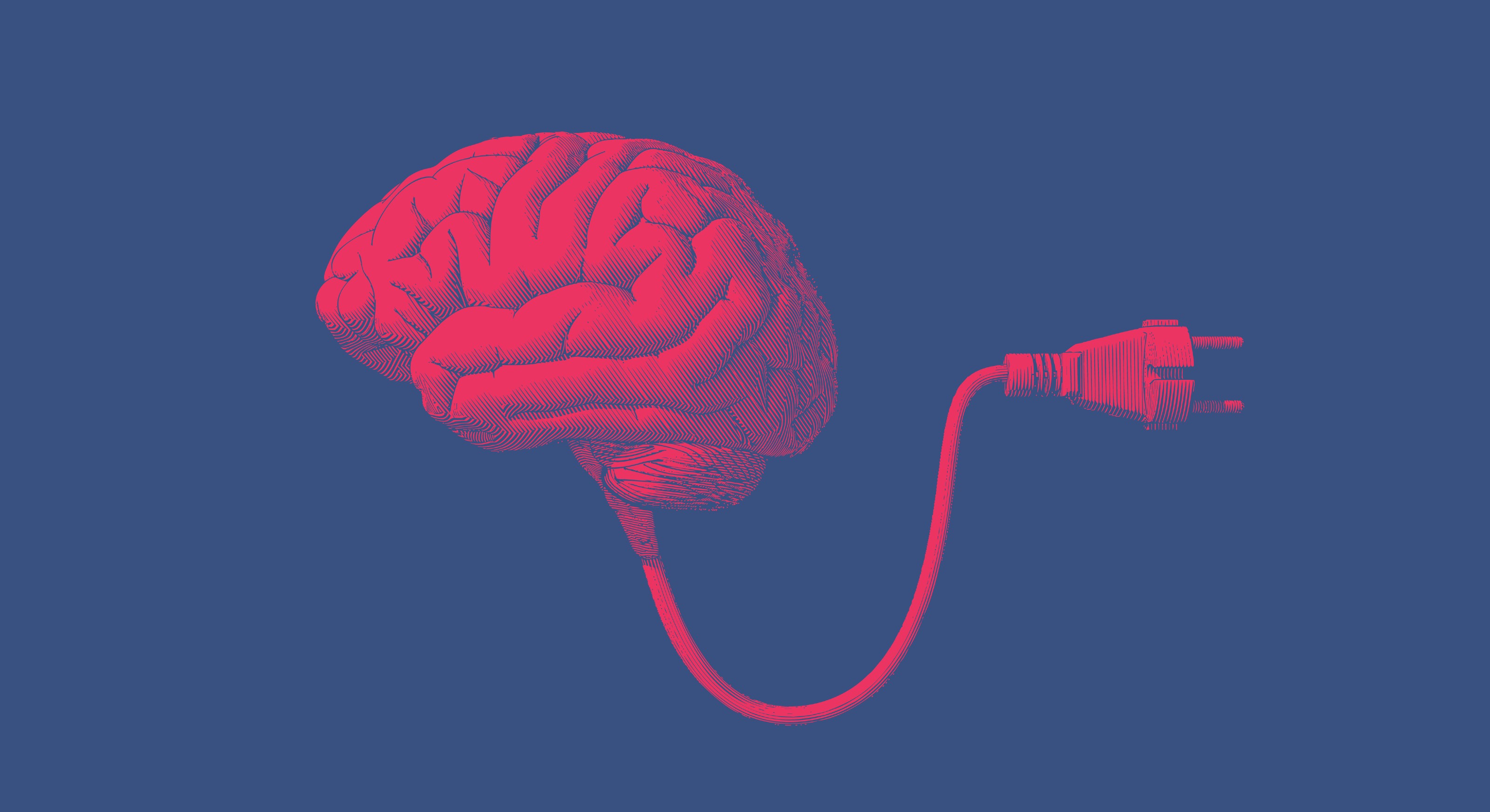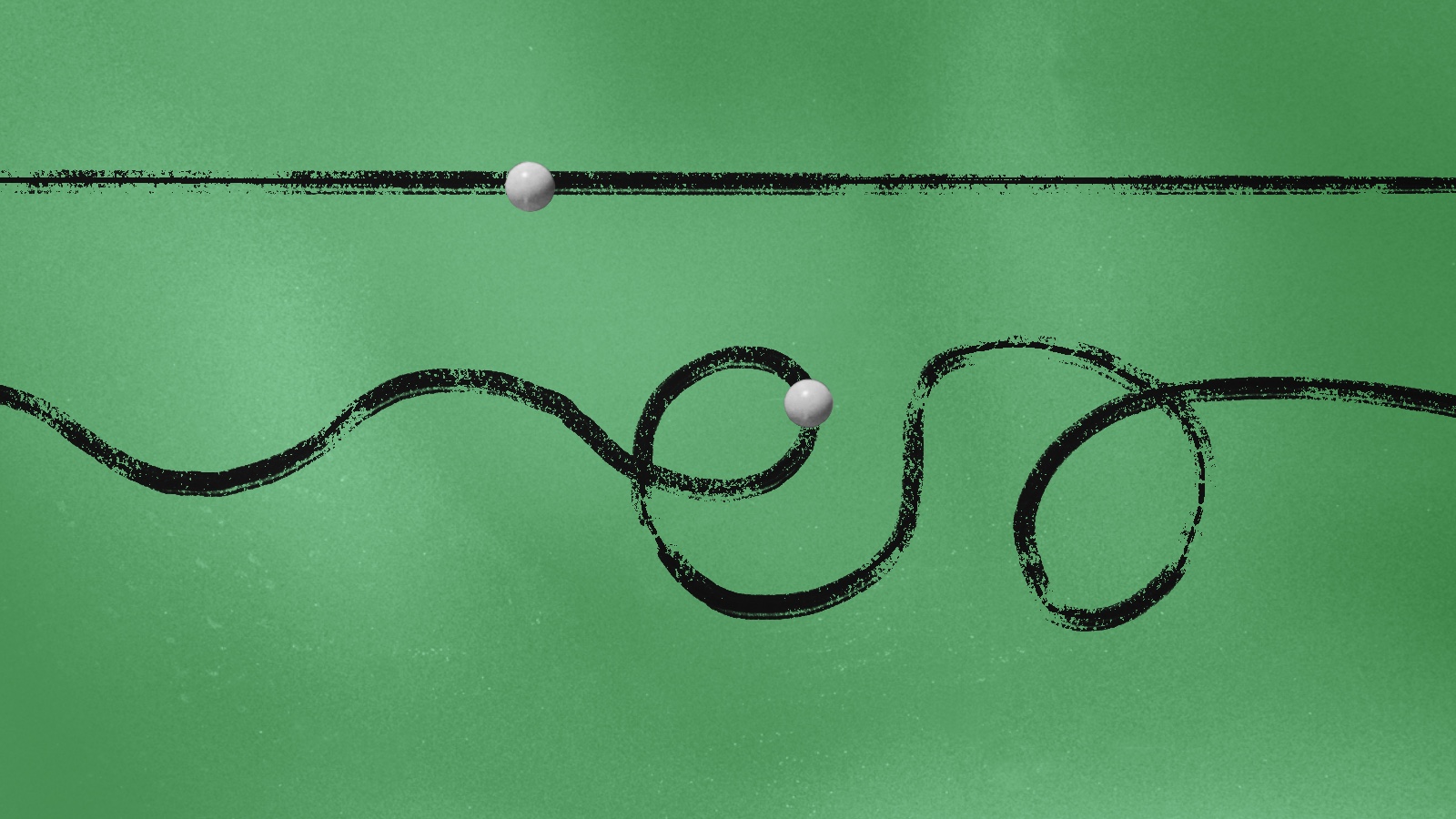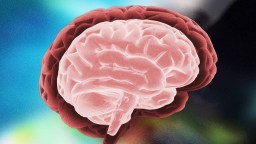critical thinking
When it comes to handling our emotions, we can’t afford to be none the WISER.
The first “running machine” — later known as the bicycle — symbolizes a key design idea.
Social media has made yelling past each other all the easier.
Your five-year-old can probably spot a cop-out.
Tim Ferriss has interviewed some of the most powerful thinkers in the world. This is what he learnt about how they operate.
▸
10 min
—
with
The secret may lie in an old idiom: “Sleep on it.”
Research shows how “dark” Brett Martinpersonality traits affect Bitcoin enthusiasm.
Intellectual humility demands that we examine our motivations for holding certain beliefs.
Are you a video gaming master? Put it on your résumé.
Can ChatGPT help you power through writer’s block?
Human thinking is antiquated.
From “Thompson’s violinist” to the “Experience Machine,” these thought experiments will throw your mind for a loop.
Poker pro Maria Konnikova on how to recognize which details matter and master the science of deduction.
▸
5 min
—
with
Kids are fragile. They should trust their feelings. The world is a battle between good and evil. We should stop repeating these untruths.
Fear of being scammed can lead us to make decisions that go against our values and goals — both as individuals and as a society.
Take a closer look at the different types of reasoning you use every day.
Some effective altruists “earn to give” — they make as much money as they can and then donate most of it to charities.
Humans are good visual thinkers, too, but we tend to privilege verbal thinking.
The right questions are those sparked from the joy of discovery.
Personal finance advice is often over-simplified and fails to consider economic research or people’s unique circumstances.
Evil is easy to identify and fight against; not so with stupidity.
Creative people are better able to engage brain systems that don’t typically work together.
The best-laid plans of mice and everyone else.
How do we deal with information overload and unlock creativity? Build a second brain.
▸
6 min
—
with
Find it easier to sort out your friends’ problems than your own? This paradox is for you.
Parity tasks (such as odd and even categorisation) are considered abstract and high-level numerical concepts in humans.
From honing the art of perception to checking cognitive biases, here are a few techniques employees can learn in critical thinking training.
People naturally judge fact from fiction in offline social settings, so why is it so hard online?
Find your wallet or keys — or a nuclear submarine.
Flexible organic circuits might someday hook right into your head.

